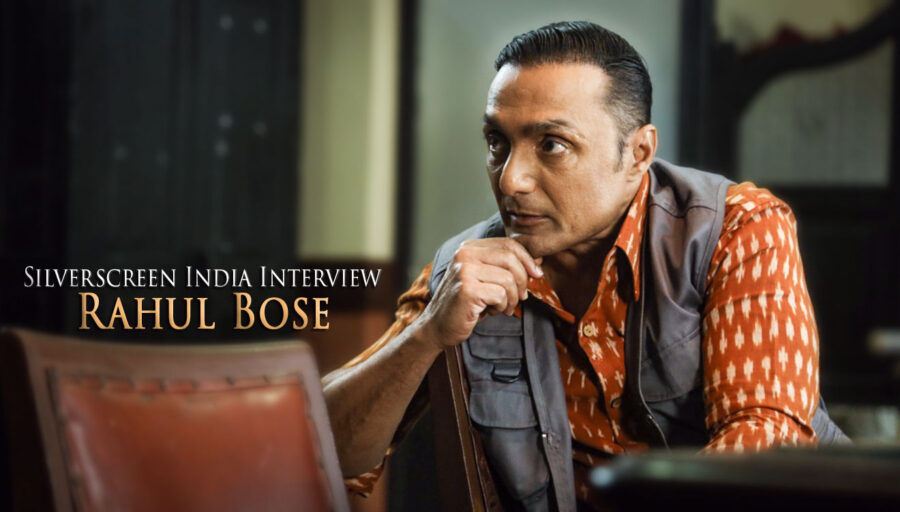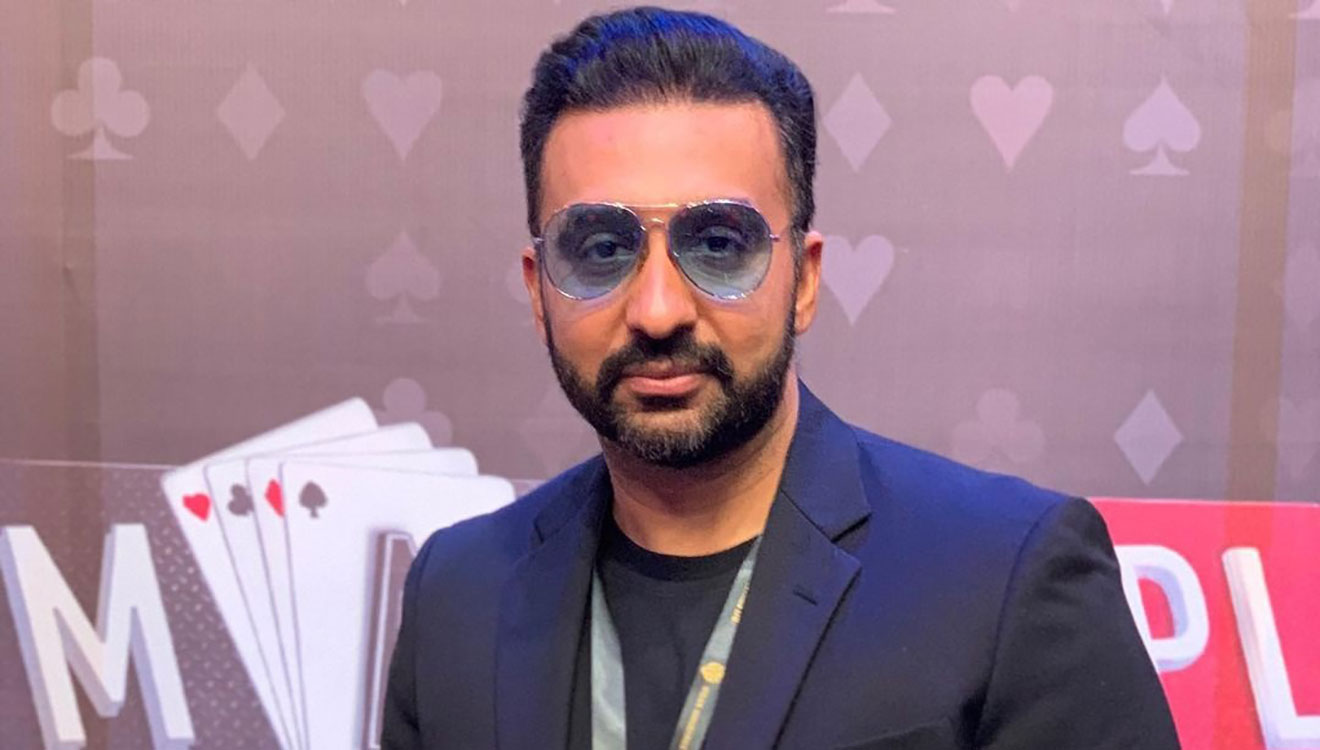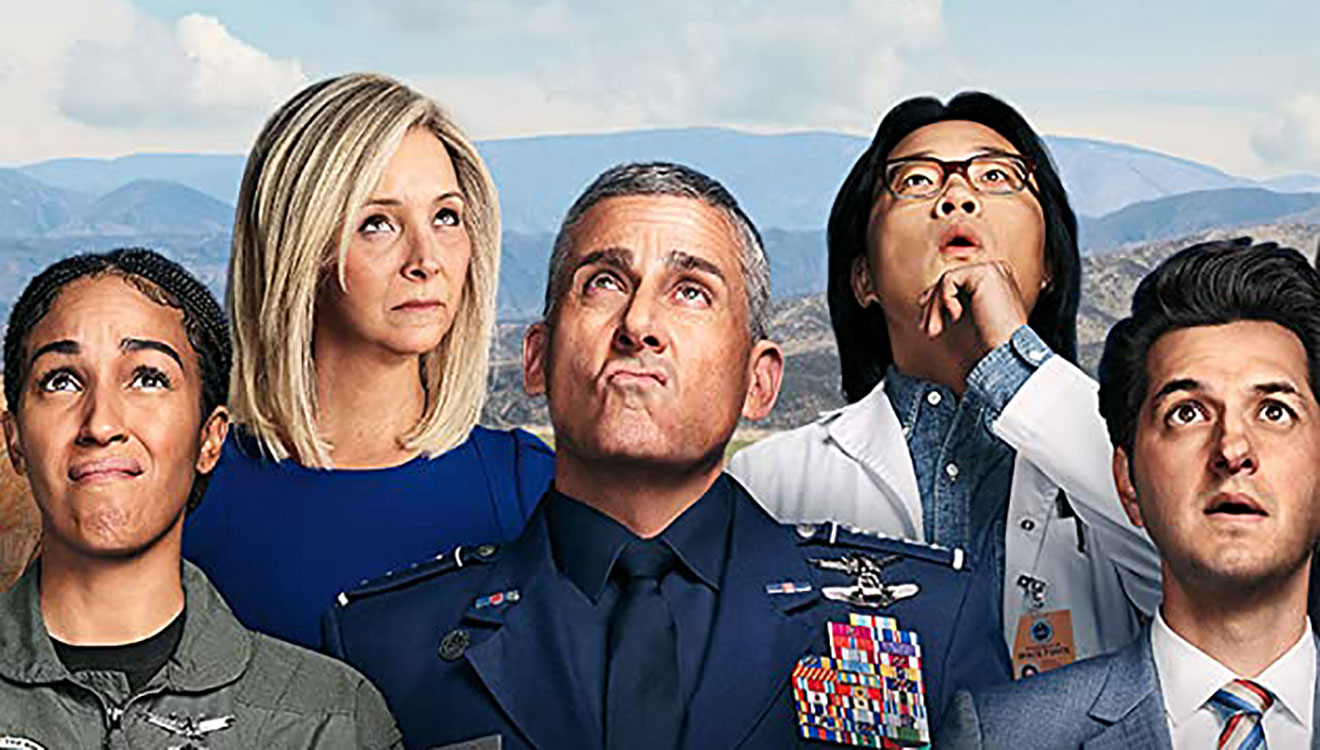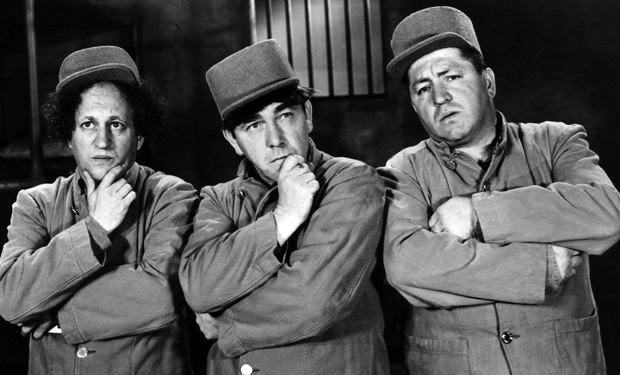Rahul Bose, the Indian actor, filmmaker, screenwriter, social activist, as well as Rugby player, says he has a special “love affair” with Kolkata while discussing his new Bengali web series Rabindranath Ekhane Kokhono Khete Ashenni (REKKA).
“I love Bengal. I love Kolkata. I’m half Bengali and I love everything about the city,” he shares. “So much of my good work has come out of Bengal.”
Bose, who quit Rugby to portray a wide range of characters in films, serials, theatre and web series across several languages, including Hindi, English, Bengali, Tamil, Telugu, and Kannada, returned to Kolkata to play a detective in REKKA.
The nine-part series that released on Hoichoi this month is directed by filmmaker Srijit Mukherji. It is based on the thriller novel of the same name written by Bangladeshi writer Mohammad Nazim Uddin. The show also stars Bangladeshi actor Azmeri Haque Badhon and several Bengali actors, such as Anirban Bhattacharya, Anjan Dutta, and Anirban Chakraborty.
The series revolves around Mushkan Zuberi (Badhon), who owns a mysterious restaurant named Rabindranath Ekhane Kokhono Khete Ashenni (‘Rabindranath never came here to eat’) in a small town near the Bangladesh border. Top detective Nirupam Chanda (Bose) ends up at her restaurant investigating multiple missing cases while disguised as a journalist. Chanda discovers Zuberi’s shocking past, where she survived a plane crash, and the things that eventually led to her setting up the restaurant. He also faces the first defeat in his career.
Bose, who has worked in several commercial Hindi films, including Pyaar Ke Side Effects, Jhankar Beats, Maan Gaye Mughal-e-Azam, Kucch Luv Jaisaa, and Chameli, has also been part of National award-winning works such as the Bengali films Antaheen and Anuranan as well as parallel cinema such as English, August, Mr. and Mrs. Iyer, The Japanese Wife, and several others.
He has also directed the films Everybody Says I’m Fine! (2001) and Poorna: Courage Has No Limit (2017).
In the OTT space, he has previously appeared in the Netflix Hindi web series Bombay Begums and the Netflix Hindi film Bulbbul.
In conversation with Silverscreen India, Bose discusses REKKA, his love for Bengal, his choice of roles, the increasing respect for writers over the years, and his upcoming directorial.
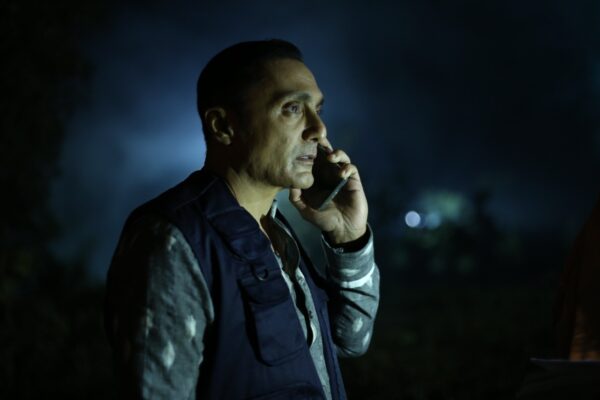
Photo Source: Hoichoi
You have played a detective previously in the 2014 Bengali film Shondhey Namar Aagey, and you are once again playing a detective in REKKA. What is different or new with this one?
They’re very, very different characters. In Shondhey Namar Aagey, the character refused to speak because he just couldn’t bear the weight of the world and that had scarred him deeply. In this one, the character is articulate, strong, ambitious, has a sense of humour, while also being restless with his own demons to fight. He strongly believes in justice, which is common among all detectives, I suppose. But otherwise, they are very, very different characters.
You have worked with Srijit Mukherjee and most of the cast for the first time. How was the experience?
I’ve worked with Anjan Dutta before in Mr. & Mrs. Iyer. But yes, I’d never worked with Srijit before. He is intelligent, talented, funny, creative – so we had absolutely no problems collaborating and getting along. Anirban Bhattacharya is a fantastic actor and a wonderful human being, and it was great to work with him. There was also Badhon, who I found to be a very talented actress and also a very intelligent human being. So in all, it was a very pleasant, smooth, constructive and fun experience.
What was it like to work on a Bengali project after such a long time?
Fantastic. I love Bengal. I love Kolkata. I’m half Bengali and I love everything about the city. I have taken heritage walks across Kolkata, I’m rediscovering the city. Our lives have always been steeped in Bengali culture and it’s one of the most beautiful parts of the world. It is just a massive pleasure for me to go back to shoot there. And so much of my good work has come out of Bengal – Mr. & Mrs Iyer, The Japanese Wife, Anuranon, Antoheen. Bulbbul also we shot in the zaminder bari outside Bawali. We shot this series in Medinipur. We drove there every day; eight hours a day on the road for 10 days. It was really hard, but I just love the Indian countryside.
I also have a special love affair with Kolkata. Whether it is Nandan (a film and culture centre) or walking through Park Street or playing squash or tennis in one of the clubs or going for a run on the streets or even driving. And of course, there’s all the Bengali food – maachher jhol, maachh fry, Pabda, Rui, Bhetki, Ilish, I just want fish when I’m in Kolkata, whatever form you make is fine. Aparna Sen (Bengali actor) has a fantastic table as does Tony (filmmaker Aniruddha Roy Chowdhury). Jeet and Mala Banerjee are fantastic too. I just go to Kolkata and I shamelessly eat at everyone’s house.
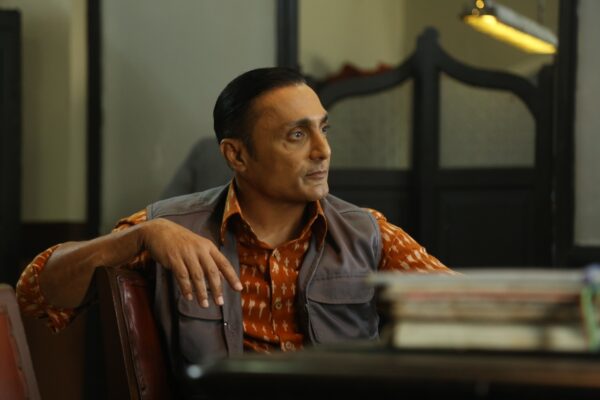
Is your love for Bengal the reason you chose a Bengali web series?
No, it’s not why I did REKKA. I’ve never cared about language. I go wherever I want to work. I’ve worked in Kannada, Tamil, Telugu. I’ve done Before The Rains (2008 English Malayalam bilingual film) with Santosh Sivan. I’ve just done an English series for one of the top OTT platforms.
So what is it that draws you to a certain role or film?
Well, it’s the same four factors that draw any actor to a role – the director, the writing, the role, and the co-actors. For me, I would add a fifth: does this character drive the film? If this person wasn’t there, will the film exist? For instance, take my character Maanav in Dil Dhadakne Do (2015 Hindi film). Although he is not one of the six main characters, without him, there is no film. That’s very important to me.
Generally, actors tend to get stereotyped very quickly. How have you managed to avoid that to bag such different characters every time?
I’ve done 42 films in 30 years. That’s a lot of waiting. But my body of work is very important for me. Even if I do fewer films, there should be an interesting range in my work. So, I prefer to wait. I haven’t got a Bengali film for seven-eight years now.
People are lazy and most people are not terribly intelligent. So they obviously ask you to play the same thing. I was an abusive man in Dil Dhadkne Do, I was an abusive man in Bulbbul. And just yesterday, I got the role of an abusive man in a big Hindi film. I said no.
I have so many other things to do in my life. I’m on the Indian Rugby board, raising money for the sport and looking into two or three big infrastructure projects for it. We’re looking at promoting girls Rugby, tribal Rugby. And then I have the two NGOs I run, The Foundation and HEAL. I am also going to direct my own film in January next year and I’m writing the script for that. So I have enough to do.

Photo Source: Hoichoi
You have worked in films that have strong female protagonists as well as films that are directed by women. Is this a conscious decision or do you just find yourself drawn to scripts with a strong female lead?
Of course, it’s a conscious decision. Nobody forced me to do this. Everything I do reflects my world view, my concerns, and my preoccupations. That said, I will not pick a bad script or a qualitatively inferior project just because there’s a woman in it. The project has to be good, regardless of whether it is a woman calling the shots or a man.
You have worked with so many renowned filmmakers since the 90s. What do you think has changed over the years? Any recent trends that you like or dislike?
I see a change in the respect that writers get, which I’m glad about. The importance of writers has increased. Because of OTT, unless something is written well, you just switch to something else. It doesn’t matter how big the star is anymore. Thanks to OTT, the audience is now used to superior content from across the world. Why would you care about a bad OTT show/movie featuring some Hindi movie star? You will never watch it. So it’s the writing that’s important now, and that’s a great change.
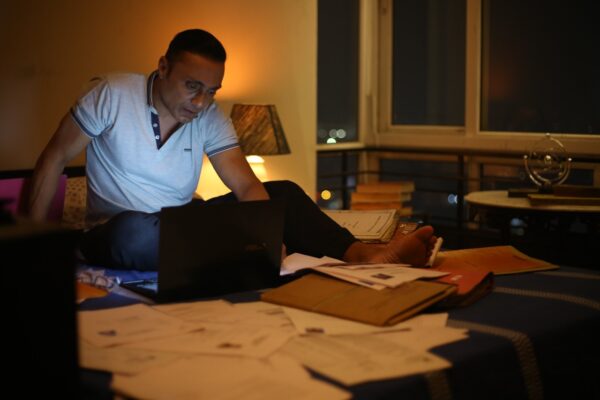
Photo Source: Hoichoi
What do you feel is different about shooting for this medium compared to making a film?
Zero. There is no difference as an actor. It is not like I can not act properly in this episode, because I have to save energy for the next one. You just have to do exactly what the role demands. There will be a difference between arthouse and commercial projects though. So what kind of content you’re working on matters, not the medium it will be released on.
Recommended
You mentioned working on the script of your next directorial. What can you tell us about it?
It’s a sharp, biting satire. Very funny, but also very… I can’t say sad, but very poignant. Any satire has to be painful at its second level. So it is that. I’ve written 80 pages so far.
Will you be starring in it as well?
No, I won’t. Once you see the film, you’ll realise why I’m not in it. I will play a cameo, but no major role. I’m not one of those pathetic actors-directors who cast themselves. I know some directors who fancy themselves as actors and keep casting themselves shamelessly in film after film. That’s not my style.
